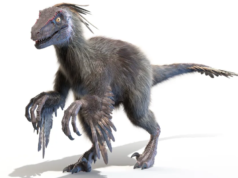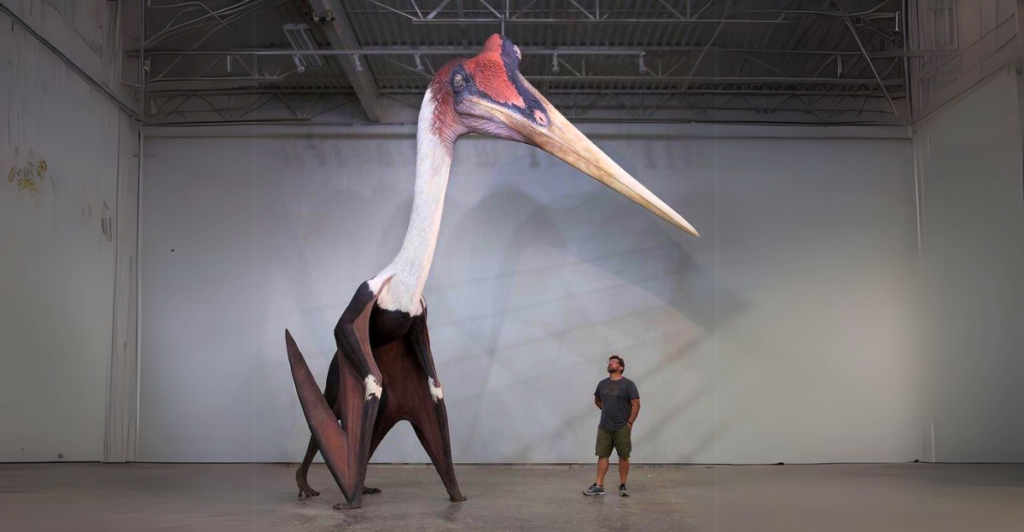
Dinosaurs ruled the Earth for hundreds of millions of years before their extinction. But even before they roamed our prehistoric world as the apex predators, other colossal beasts evolved first. A deeper look at some of the biggest animals that ruled before the dinosaurs.
Inostrancevia
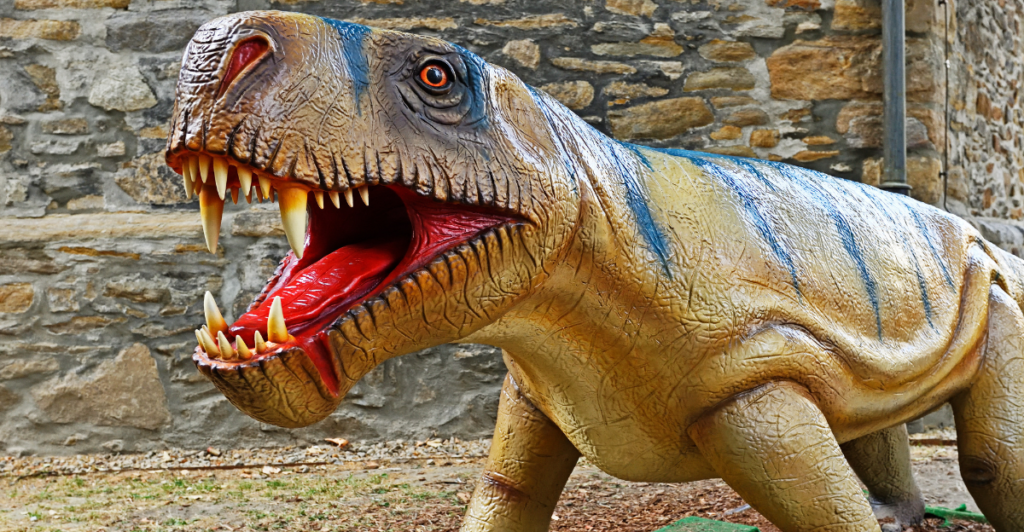
Inostrancevia was a protomammal straight out of a nightmare. It had large saber-like canines that were used to rip chunks of flesh out of its prey. They were thought to chase after their prey with their long legs.
Tiktaalik
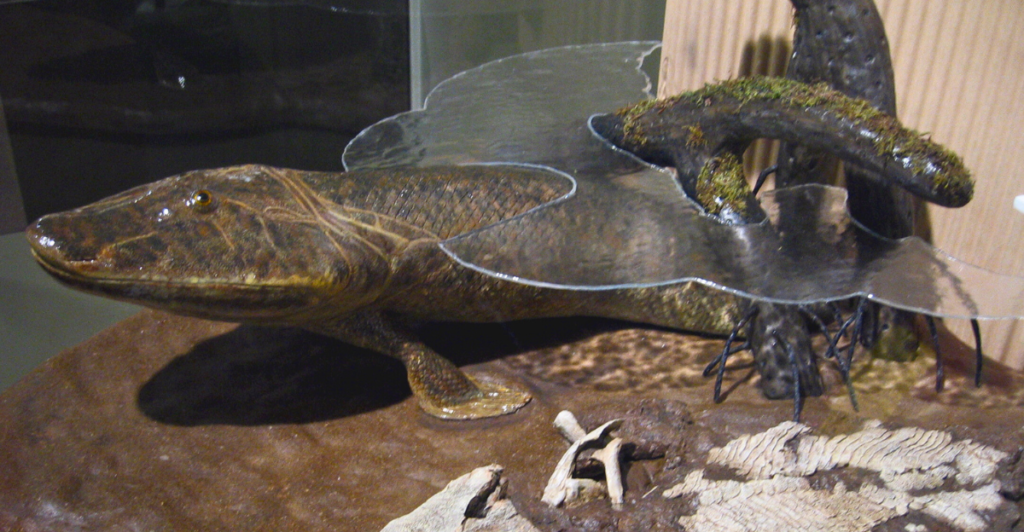
Imagine a strange fish-like animal with four appendages and both lungs and gills—exactly what makes Tiktaalik unique. The strange animal could grow to nearly ten feet and preyed on smaller fish in the shallows.
Anomalocaris
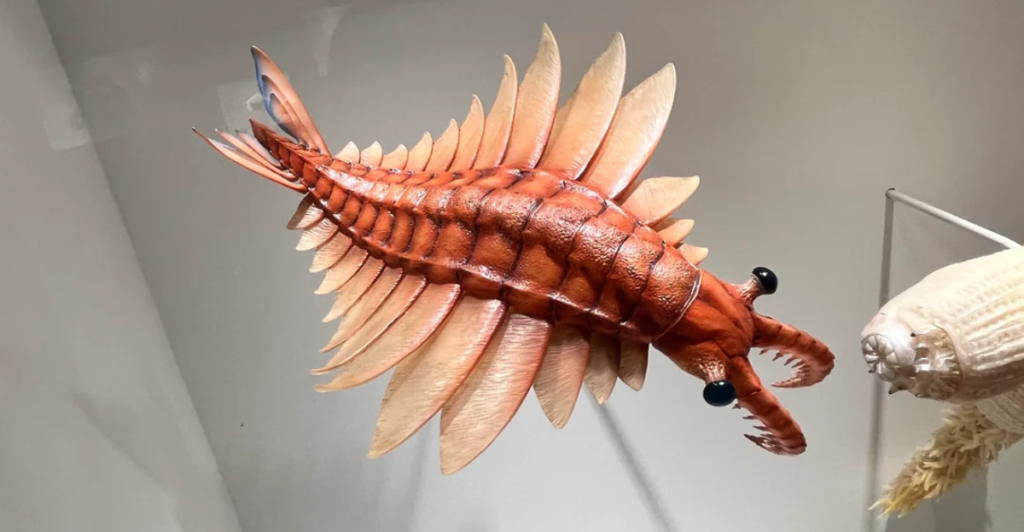
Anomalocaris was a fearsome predator from the Cambrian period, around 520 million years ago. This marine creature could grow up to one meter long and was equipped with large frontal appendages for capturing prey.
Dimetrodon
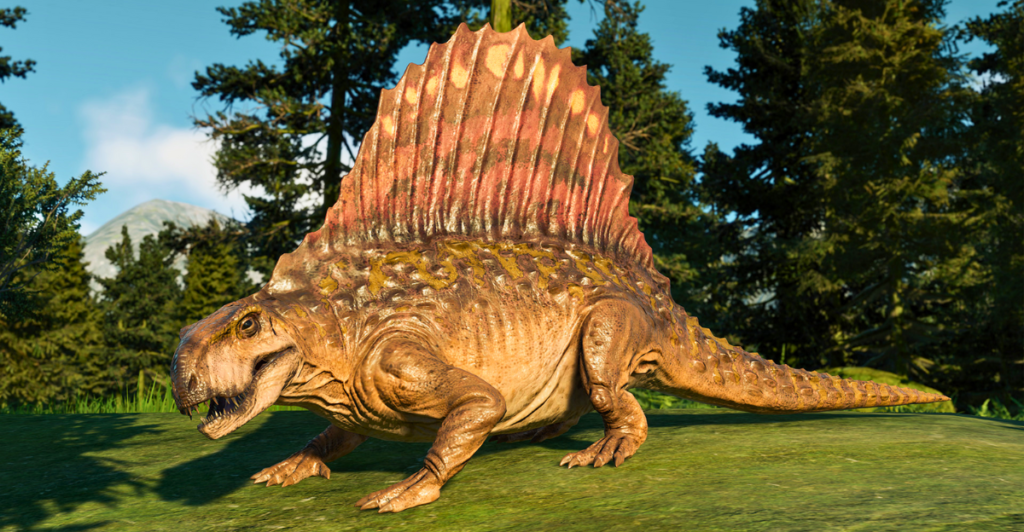
Dimetrodon, often mistaken for a dinosaur, lived about 295 million years ago in the early Permian period. It was notable for its large sail-like structure on its back, which may have helped regulate body temperature. As a carnivorous synapsid, Dimetrodon was an apex predator of its time.
Scutosaurus
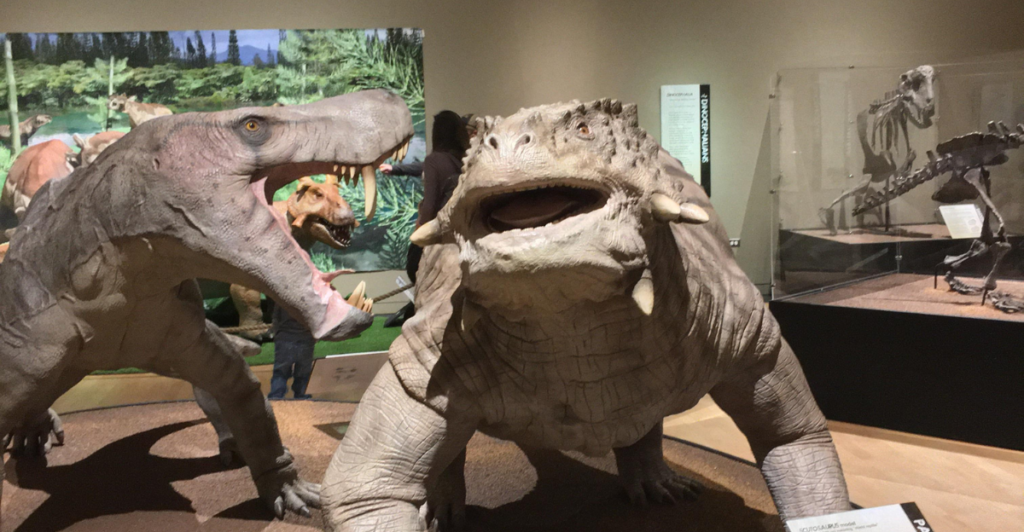
Scutosaurus was a formidable animal that thrived during the late Permian period and was characterized by its heavy armor of bony plates. Weighing over a ton and measuring about nine feet long, this herbivorous reptile relied on its tough exterior for protection against predators like Inostrancevia.
Meganeura
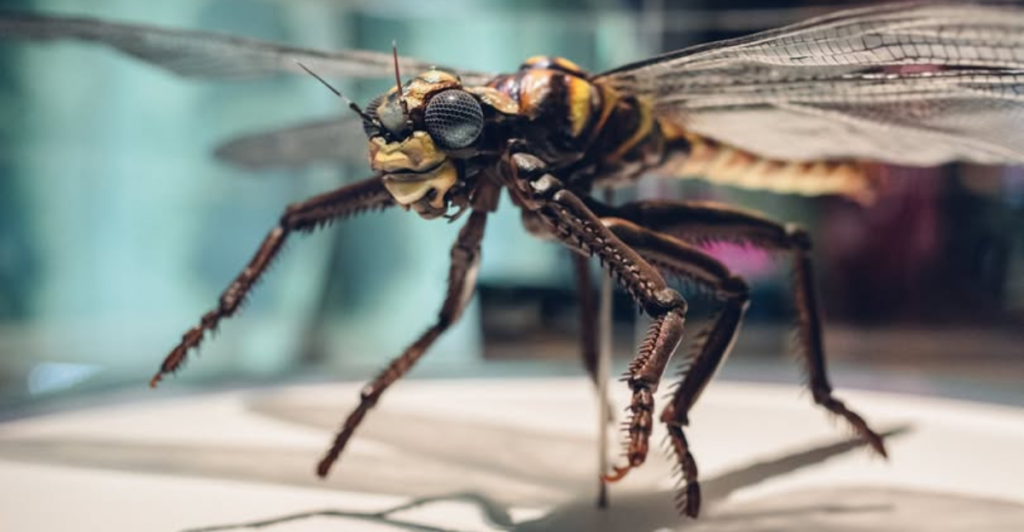
Meganeura was an enormous dragonfly-like insect that lived around 300 million years ago. With a wingspan exceeding 2,2 feet, it was one of the largest flying insects ever known. Meganeura likely preyed on smaller insects and may have been an apex predator in its ecosystem.
Mastodonsaurus
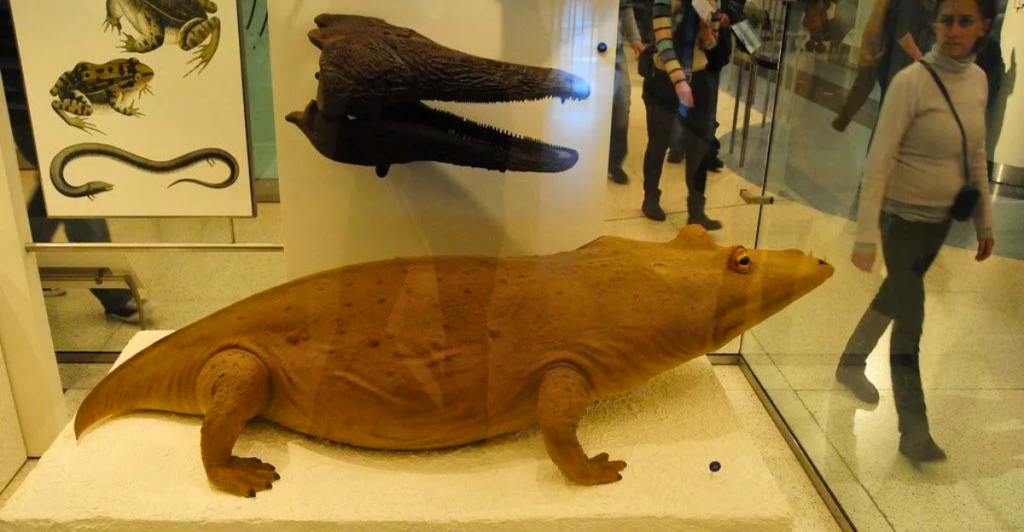
Mastodonsaurus was a giant amphibian that lived during the Triassic period. Reaching lengths of up to sixteen feet, this massive creature resembled a giant salamander and inhabited ancient lakes and rivers, feeding on aquatic vegetation.
Arthropleura
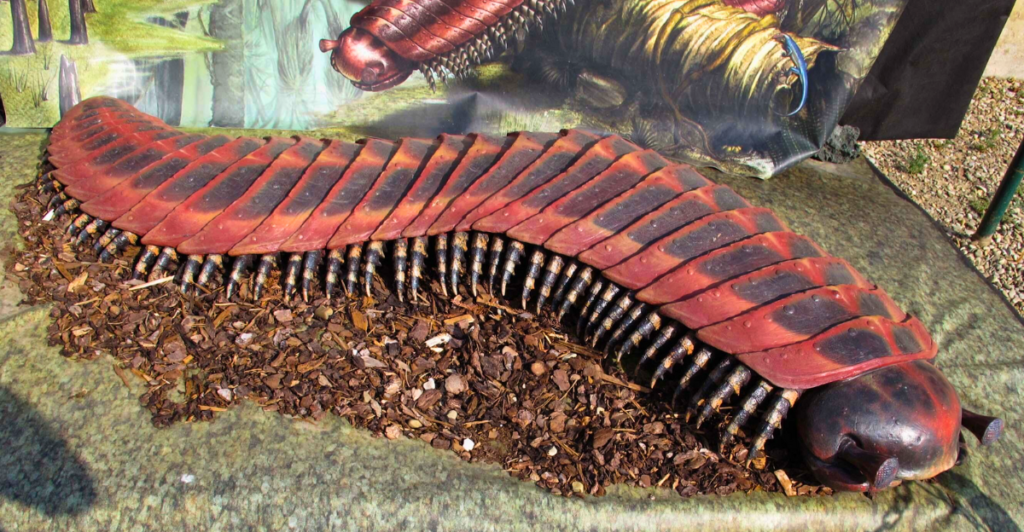
Arthropleura was a gigantic millipede-like arthropod that roamed the Earth about 300 million years ago. Measuring up to 8,2 feet long, it is considered one of the largest terrestrial arthropods ever. Arthropleura likely fed on decaying plant matter in dense forests.
Plesiosaurus
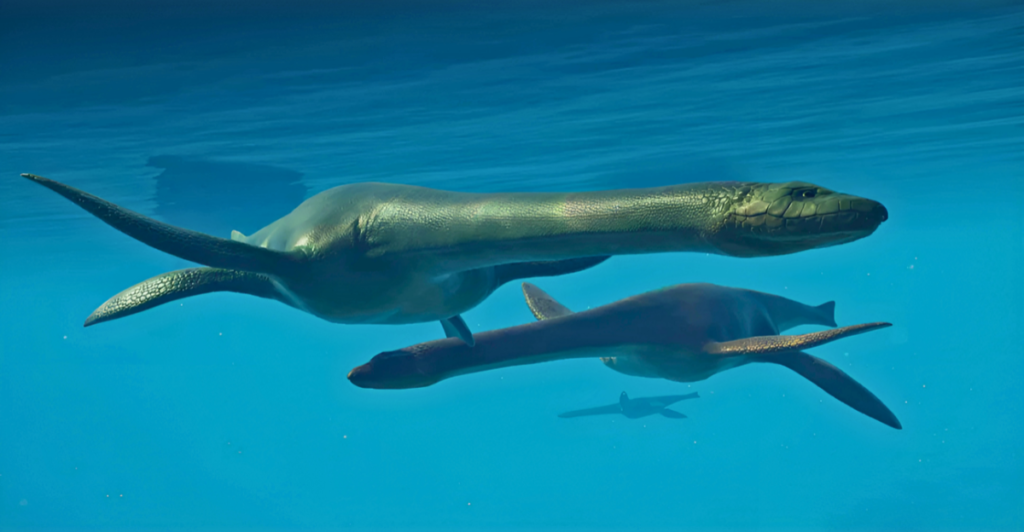
Although often associated with dinosaurs, Plesiosaurus lived alongside them during the Mesozoic era but evolved from earlier reptiles. With its long neck and large flippers, this marine reptile was well-adapted for life in the ocean, hunting fish and other marine animals.
Dunkleosteus
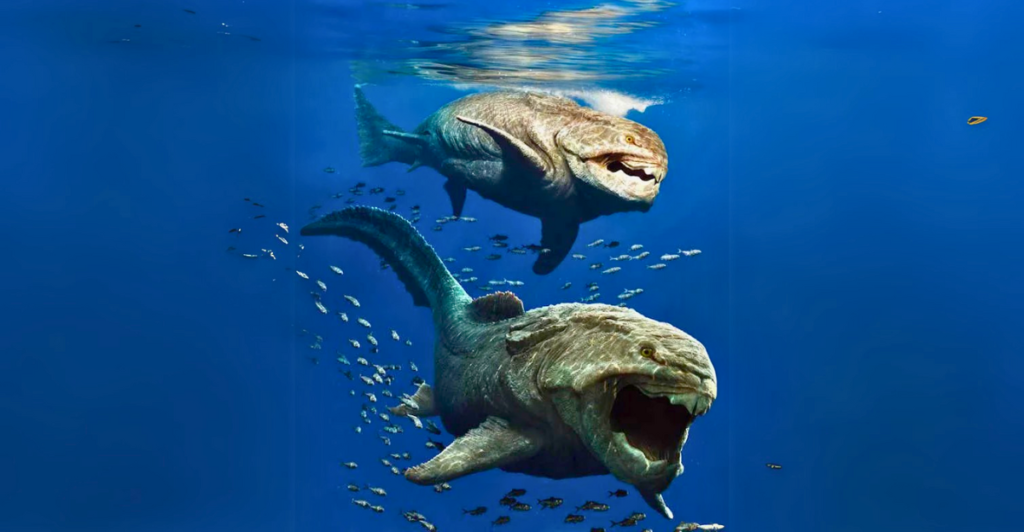
Dunkleosteus was a massive armored fish that lived around 358 million years ago in the late Devonian period. This formidable predator could reach lengths of up to 33 feet and had a powerful jaw with a bite force estimated at 80,000 psi.
Tappenosaurus
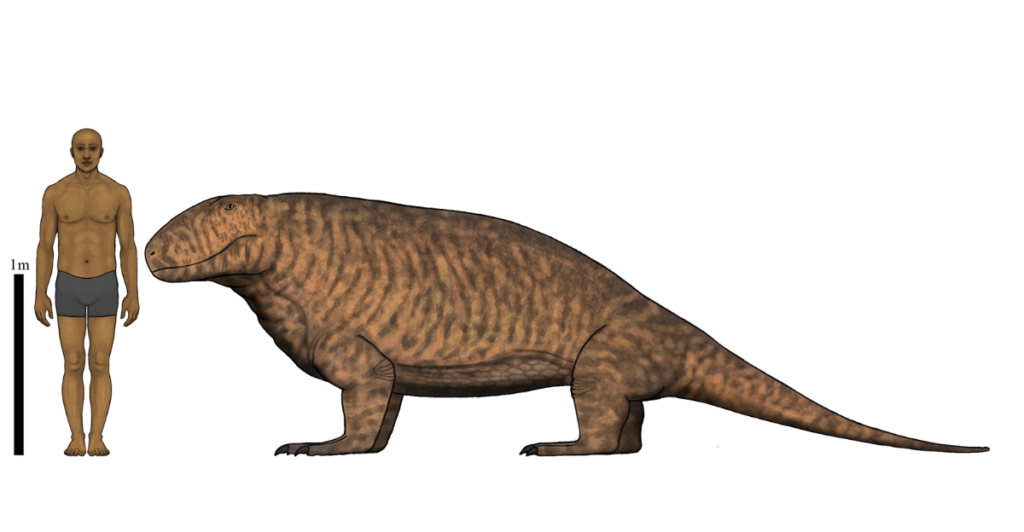
Tappenosaurus was a large synapsid that lived approximately 260 million years ago in the Middle Permian period. Estimated to be around 18 feet long, this creature had a robust body and strong limbs.
Eryops
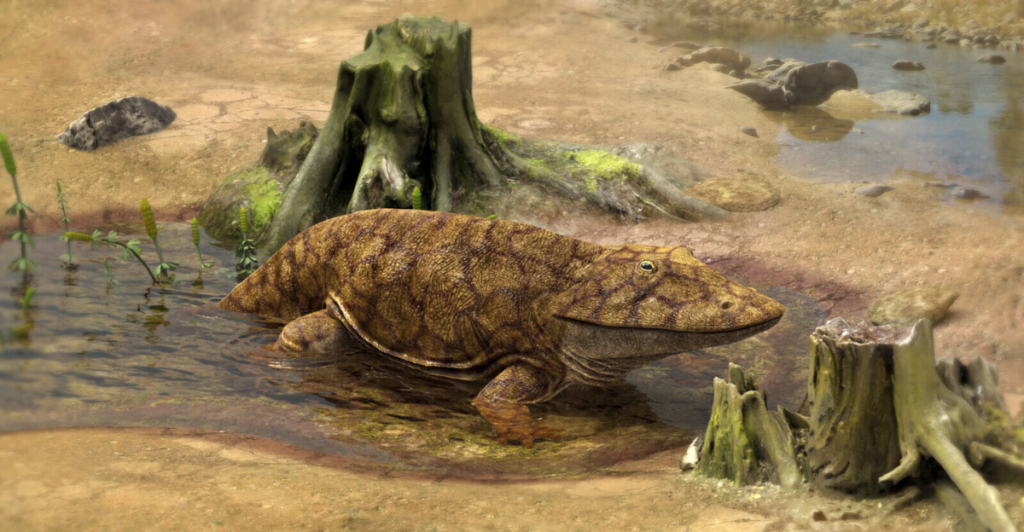
Eryops was a large amphibian that thrived during the early Permian period, about 295 million years ago. Growing up to 10 feet in length, Eryops had a broad, flat body and strong limbs adapted for both swimming and walking on land.
Source:
10 prehistoric mega-species that ruled before the dinosaurs
Disclaimer: This article was researched and written with the assistance of an AI and edited/fact-checked by a human.
Stay connected with us for more stories like this! Follow us to get the latest updates or hit the Follow button at the top of this article, and let us know what you think by leaving your feedback below. We’d love to hear from you!



